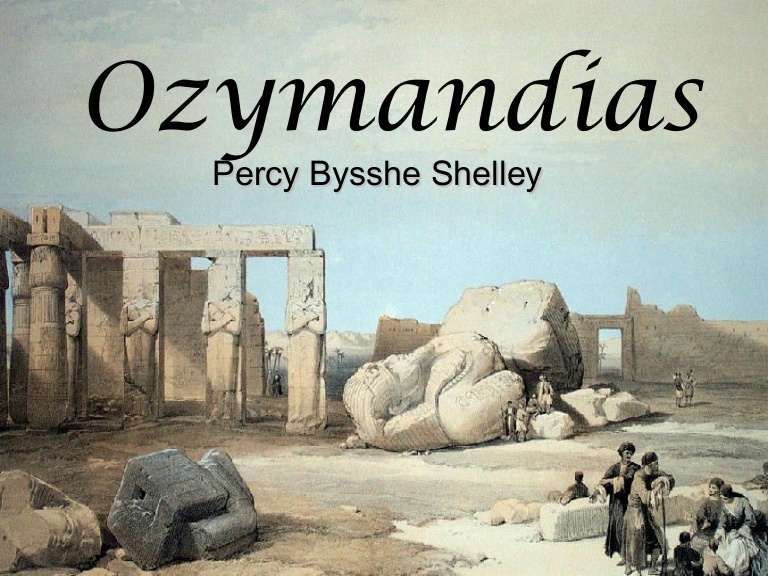This poem analysis of Pablo Neruda’s poem ‘Your Laughter’ is divided into three parts – context, rhyme scheme and rhetorical devices, and deeper significance.
Context: ‘Your Laughter’ was published as part of a collection of poetry by Neruda entitled The Captain’s Verses, which was published in the year 1972. This shows that ‘Your laughter’ was one of Neruda’s late poems. This is why he is able to look back at his life and examine all the struggles he has been through. He had lost his mother at the tender age of two months, been through two divorces, and lost his first child when she was just eight years old. As a Communist, he had had to escape from his motherland and live in exile for several years. Through all this, he had endured simply because of love. It was not necessarily the love of one woman that had kept up his strength, but the love of an ideal woman who he addresses this poem too. It can be argued that this ideal woman is an amalgamation of all the women whom he had known and loved in his life.
Poetic Scheme and Rhetorical Devices: ‘Your Laughter’ is written in free verse, as are most of the other poems of Neruda. The use of free verse is conducive to the lyrical quality of his love poems. However, since we can only access his poems in translation, and because free verse has automatically been adopted by his various translators, individual translations do not merit too much comment on rhyme scheme.
This poem explanation would be incomplete if it did not mention the rhetorical device of metaphor that is so beautifully used by Neruda. Neruda compares his beloved’s laughter with many things, and all of these give rise to vivid images in the reader’s mind – whether it be that of the rose his beloved has plucked, or of the silver wave of joy on her face when she laughs, or of the sharp sword that his beloved’s laughter gives him for him to continue on his fight, or of the sea-foam whose shape it takes.
Deeper Significance: This part of the poem analysis focuses on interpreting the poem in a political light. This interpretation is justified when seen in the context of Neruda’s career as a diplomat, and his Communist beliefs. Perhaps the laughter of which Neruda speaks is the laughter of the citizens of Chile in their defiance. When he talks about his bread and his air being taken away, he is hinting at the time he had spent in hiding while escaping from Chile to Venezuela when Communism was banned in his country. He had lived in meagre circumstances, afraid to take a single breath for fear of detection, at that time. However, the defiant laughter of his fellow Chileans had kept him alive. He was deeply aware that capitalism’s hold on the world was so strong that a socialist state would never be formed, yet the Chileans’ defiant laughter kept up his spirit. For the cause of the workers’ revolution, he was willing to shed his own blood, provided the laughter of his countrymen in the face of oppression gave him new strength to continue the struggle. He wanted to hear this laughter echoed in every nook and corner of his beloved Chile. When he imagines his beloved laughing at him, he is hinting at the fact that his Communist beliefs may be naive, but that a Latin American nation like Chile that had itself seen many revolutions would only laugh good-naturedly at him, but not in derision. It would laugh to cheer him up, not to demean him. Whether he is away from Chile or back in his native land, he wants the defiant laughter of the Chileans to reach his ears. Even after his death, he wants his countrymen to keep up their spirit of cheerful resistance.
Dear Readers- If this summary/analysis has helped you, kindly take a little effort to like or +1 this post or both. Make sure you like Beamingnotes Facebook page and subscribe to our newsletter so that we can keep in touch. We’ll keep informing you about stuffs that are really interesting, worth knowing and adds importance to you.
Some online learning platforms provide certifications, while others are designed to simply grow your skills in your personal and professional life. Including Masterclass and Coursera, here are our recommendations for the best online learning platforms you can sign up for today.
The 7 Best Online Learning Platforms of 2022
- Best Overall: Coursera
- Best for Niche Topics: Udemy
- Best for Creative Fields: Skillshare
- Best for Celebrity Lessons: MasterClass
- Best for STEM: EdX
- Best for Career Building: Udacity
- Best for Data Learning: Pluralsight
















